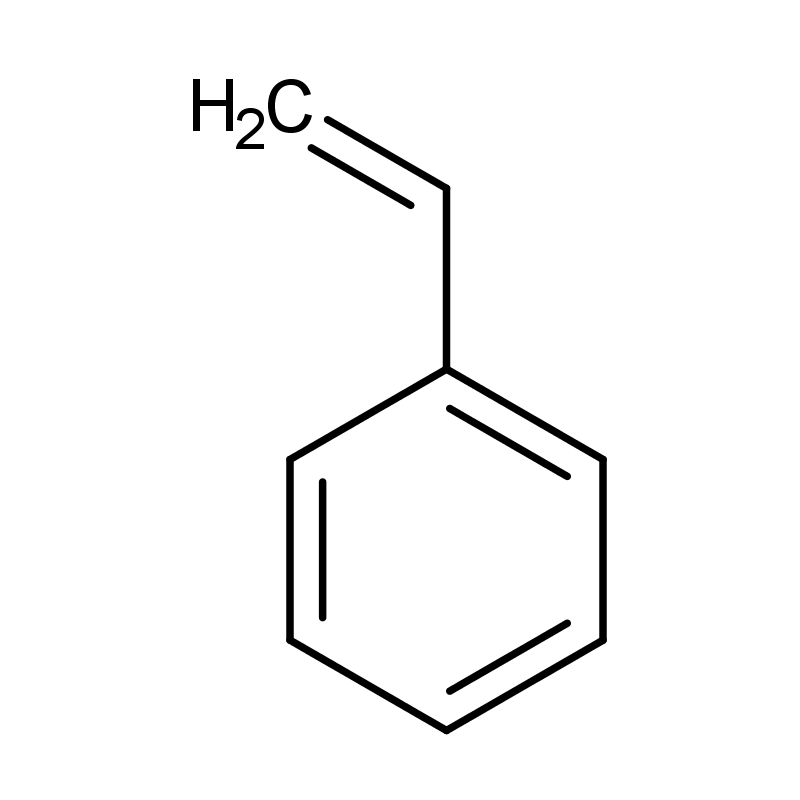-
Categories
-
Pharmaceutical Intermediates
-
Active Pharmaceutical Ingredients
-
Food Additives
- Industrial Coatings
- Agrochemicals
- Dyes and Pigments
- Surfactant
- Flavors and Fragrances
- Chemical Reagents
- Catalyst and Auxiliary
- Natural Products
- Inorganic Chemistry
-
Organic Chemistry
-
Biochemical Engineering
- Analytical Chemistry
-
Cosmetic Ingredient
- Water Treatment Chemical
-
Pharmaceutical Intermediates
Promotion
ECHEMI Mall
Wholesale
Weekly Price
Exhibition
News
-
Trade Service
Radel®, the solution to replace metals.
With plastic instead of metal made of medical equipment and tools lighter, and easier to design, clean and customization.
Plastic Medical
In the medical field, we often see nurses, doctors and dentists holding various equipment, such as surgical tools, endoscopic equipment, anesthesia equipment, equipment boxes, trays, and so on.
In the past 30 years, plastics have become more and more widely used in the medical field, especially Radel® polyphenylsulfone (PPSU).
High-performance medical materials make patients more satisfied
And other medical devices, such as long-term implants, there are good reasons to use plastic instead of metal.
Although the importance of lightweight for medical device manufacturers may not be as critical as it is in the automotive and aviation industries, this feature still plays an important role in promoting the application of plastics in the medical field.
As for design flexibility, plastics can help reduce the overall cost of equipment by adopting more creative and adaptable designs.
Polymers make medical devices colorful
In addition, Radel® PPSU also has a coloring ability that metals do not have.
As in many other medical fields—whether it is a polymer dialysis membrane used to increase the efficiency of hemodialysis, or a blister packaging membrane that helps ensure the efficacy of medicines—Solvay is fortunate to provide a wide range of solutions for the medical community.
(Keyword: Plastic Medical)







